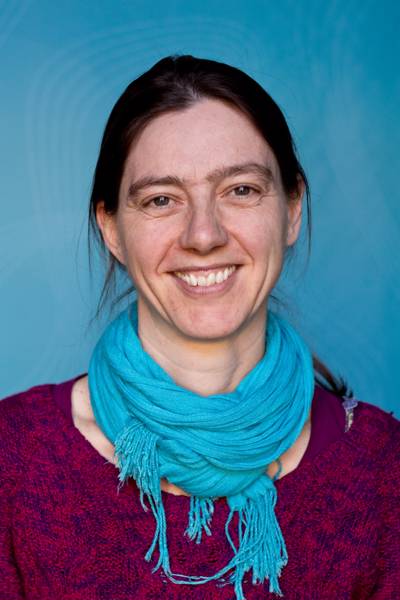Presented within a panel on the ways that migration reshapes development in Africa, this paper discusses the impacts of assistance provided by members in the diaspora on international aid practices in long-term refugee camps. It argues that the international aid regime operating in the Dadaab camps of Kenya has a strong sedentary bias in a similar way that the concept of development does. Furthermore, this international regime fails to acknowledge the full scale of assistance provision in the camps, as assistance is not just provided by the UN and various NGOs but also by the Somali diaspora. One of the main reasons why Somalis migrate is so that they are able to assist each other, a responsiblitiy that is central to what defines them as being a member of the Somali community. The fact that Somali refugees are not just receivers of aid but, enabled through migration, also providers is something that is structurally ignored, impacting perceptions of what international aid in protracted refugee situations is and should be.
Horst, Cindy (2007) A Monopoly on Assistance? International Aid to Refugee Camps and the Role of the Diaspora, presented at AEGIS Conference, 11 July.






